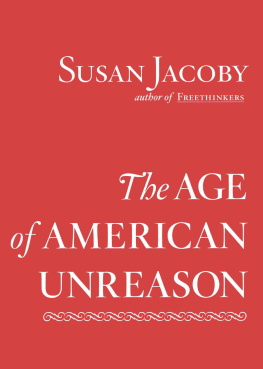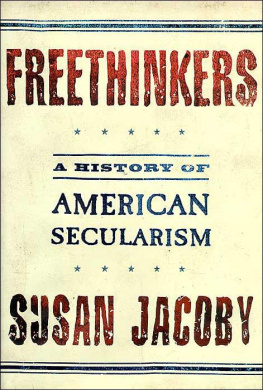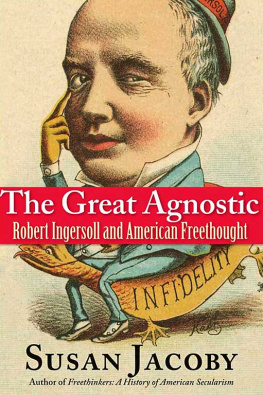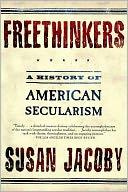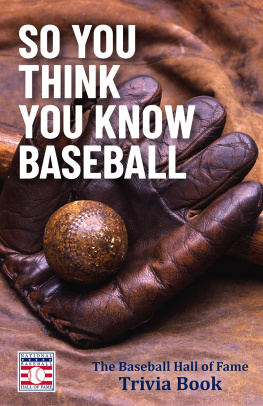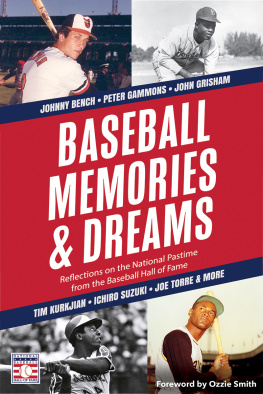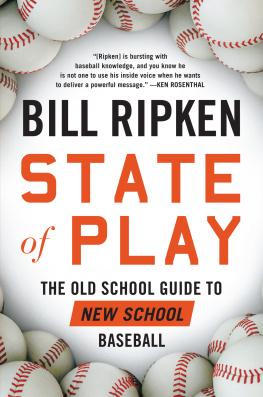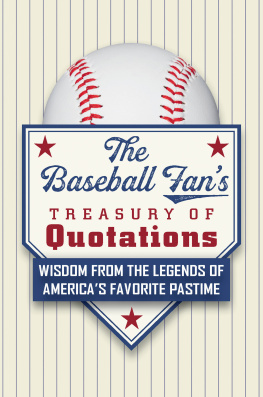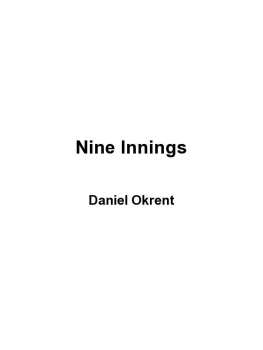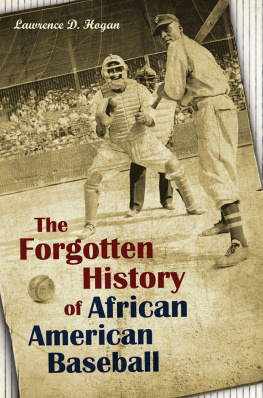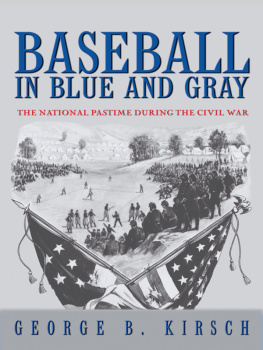why baseball matters
why baseball matters
susan jacoby
Yale University Press
New Haven and London
Why X Matters and the yX logo are registered trademarks of Yale University.
Copyright 2018 by Susan Jacoby.
All rights reserved. This book may not be reproduced, in whole or in part, including illustrations, in any form (beyond that copying permitted by Sections 107 and 108 of the U.S. Copyright Law and except by reviewers for the public press), without written permission from the publishers.
Published with assistance from the Mary Cady Tew Memorial Fund.
Yale University Press books may be purchased in quantity for educational, business, or promotional use. For information, please e-mail sales.press@yale.edu (U.S. office) or sales@yaleup.co.uk (U.K. office).
Set in Times Roman and Adobe Garamond types by Integrated Publishing Solutions.
Printed in the United States of America.
Library of Congress Control Number: 2017952550
ISBN 978-0-300-22427-6 (hardcover : alk. paper)
A catalogue record for this book is available from the British Library.
This paper meets the requirements of ANSI/NISO Z39.48-1992 (Permanence of Paper).
10 9 8 7 6 5 4 3 2 1
also by susan jacoby
Strange Gods: A Secular History of Conversion
The Great Agnostic: Robert Ingersoll and American Freethought
Never Say Die: The Myth and Marketing of the New Old Age
Alger Hiss and the Battle for History
The Age of American Unreason
Freethinkers: A History of American Secularism
Half-Jew: A Daughters Search for Her Familys Buried Past
Wild Justice: The Evolution of Revenge
The Possible She
Inside Soviet Schools
Moscow Conversations
In memory of my grandparents
James L. Broderick and Min Broderick
It seems to me that through baseball I was put in touch with a more humane and tender brand of patriotism, lyrical rather than martial or righteous in spirit, and without the reek of saintly zeal, a patriotism that could not so easily be sloganized, or contained in a high-sounding formula to which you had to pledge something vague but all-encompassing called your allegiance.
Philip Roth, My Baseball Years
contents
introduction
Never make predictions, especially about the future.
CASEY STENGEL
Early one Sunday morning in the spring of 1987, I was awakened by a phone call and heard a booming voice ask, Is this Miss Susan Jacoby? Who is this? I inquired suspiciously. This is Ernie Banks, he replied cheerfully. Oh, right, I said and was about to hang up when he cut in, Im calling from Chicago to thank you for mentioning me in your wonderful review of Gary Carters book today in the Tribune. Then I realized that the caller might actually be Banks, the beloved All-Star shortstop for the Chicago Cubs when I was growing up in the 1950s. I had indeed written a review for the Chicago Tribune of a baseball book titled A Dream Season, by Carter, the starting catcher for the 1986 world champion New York Mets. Carter had begun his book with the simple sentence, I keep thinking about Ernie He went on to mention Banks as one of the many great playerselected to the Baseball Hall of Fame in his first year of eligibilitywho never got a chance to participate in a World Series. Banks spent his entire nineteen-year career with the then-woeful Cubs, in the days when a player had no right to switch teams without the assent of his owner. Because my review was to be published in Chicago, I naturally picked up Carters allusion to Banks in my opening paragraph. Reverting to the voice of an awed ten-year-old, I said tentatively, This is really Mr. Banks. Call me Ernie, he replied. Call me Susan, I said. We went on to have a long talk about the two great Chicago shortstops of the 1950sBanks and Luis Aparicio, who played for my team, the White Sox. It all came back to methe sun-swept afternoons at beautiful Wrigley Field, home of the Cubs, and ugly Comiskey Park, home of the Sox. Bankss iconic baseball plea, Lets play two, on a fine day when one nine-inning game didnt seem to be enough. Aparicios dazzling footwork in the field. The recollected happiness of a game that has been a part of me for nearly as long as I can remembera game I learned in front of the television set in my grandfathers bar. Concluding our conversation, Banks gave me the greatest compliment any baseball legend could give a mere fan: I told myself when I read that article, The girl is in the game.
I became a passionate fan because my grandfather owned a bar and bowling alley in Harvey, Illinois, a blue-collar community just south of Chicago. Until I was ten years old, I spent the better part of my summer Saturday afternoons knocking back Shirley Temples while Grampss customers explained the inside game to the little girl sitting on a bar stool with her legs propped up by liquor cartons. My grandfather had invested shrewdly in the first color television set in the neighborhood. (He had invested just as shrewdly in 1932, two days after Franklin D. Roosevelt won the Democratic nomination for the presidency, in a decrepit bar that had been shuttered throughout Prohibition. Everyone knew that Roosevelt was going to win, he told me, and that it was just a matter of time until beer would be legal and then everything else. I was terrified that someone would snap this place up in the forty-eight hours it took me to round up $100no easy task, I can tell youfor an option to buy as soon as I could get a lawyer to draw up the papers. (Prohibition, which had been in effect since January 17, 1920, was repealed on December 5, 1933.)
As South Siders, nearly all of my grandfathers customers were Sox fans, although we occasionally watched the Cubs (especially if the still-Brooklyn Dodgers were in town and we would get a chance to see Jackie Robinson). By the time I was in first or second grade, I was very much aware of the significance of Robinson. In the summer of 1953, Gramps took me to Wrigley Field because the Dodgers were in town. Jackie didnt do anything special that day, but every time he stepped up to the plate, he was greeted by a combined chorus of cheers and boos, with taunts of nigger audible among the latter. (Banks, who would become the first black player for the Cubs, was not on the field. He was called up from the minor leagues in September, and his first full major league season was 1954. I am told by Cubs fans of my generation that racial epithets vanished rapidly from Wrigley after Banks, who became one of the most popular players in the clubs history, established himself as that rare baseball figure, a power-hitting shortstop.) During the game I attended with my grandfather, I was very upset. The word nigger, which I had heard on the school playground, was explicitly forbidden in both my parents and my grandparents homes. Gramps turned around and told one man in the row behind us to stop using such language in front of children, but the day was spoiled. I couldnt stop talking about it at the bar the following Saturday, and one of the men said to Gramps, Jim, you shouldnt have exposed her to that. He replied, She should grow up knowing what other people have endured. Then he addedI remember this preciselyIm ashamed of myself that I didnt say something a lot stronger.
Ah, those long, talk-filled Saturday afternoons, ending only when (if the game didnt go into extra innings) wives came to fetch their husbands home for dinner around 5 oclock. There was nothing I wanted to do more than listen, on and on, to the argumentsabout baseball and everything elseconducted in Chicagos distinct second- and third-generation Irish American accents. I now realize that this regular time out of time, spent listening to and talking with adults while watching the game we all loved for as long as the game lasted, was as different from todays technology-obsessed childhood as my childhood was from the one described by Laura Ingalls Wilder in her
Next page

